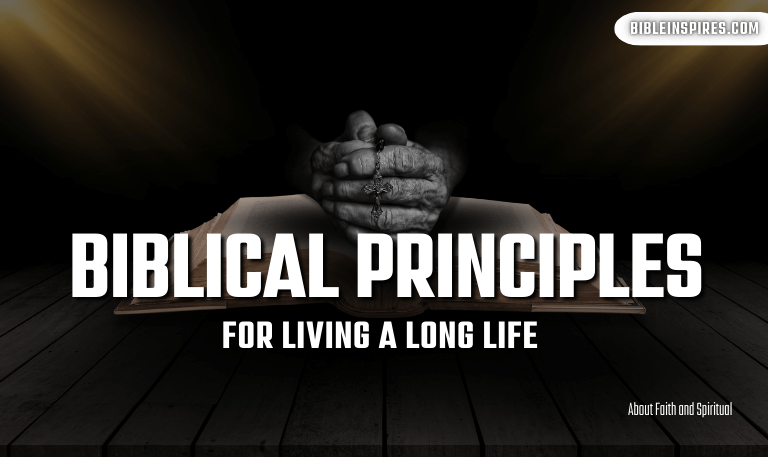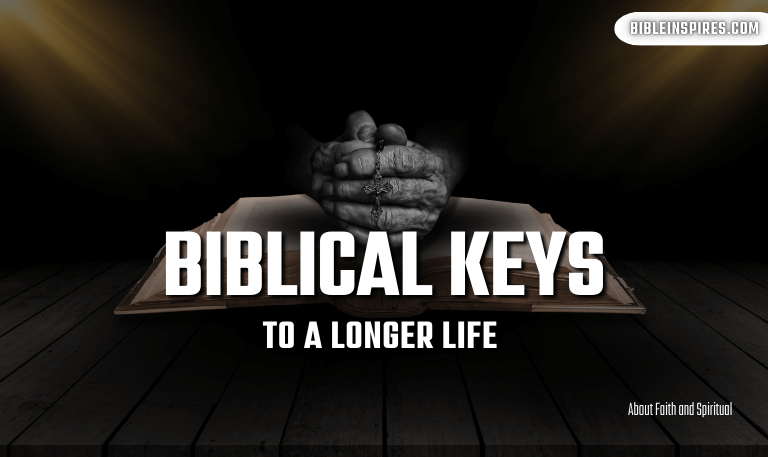Throughout history, two of the most influential figures in spiritual and philosophical thought have been Jesus vs Buddha (Siddhartha Gautama). Though they lived in different parts of the world and during vastly different time periods, their teachings have profoundly shaped the paths of millions, if not billions, of followers. In this article, we’ll explore the key similarities and differences between Jesus and Buddha, comparing their lives, philosophies, and legacies in a way that highlights their enduring relevance today.
I. Introduction to Jesus and Buddha
Jesus Christ and Buddha are central figures in two of the world’s largest religions: Christianity and Buddhism, respectively. Both figures are seen as spiritual leaders and have inspired profound cultural, ethical, and theological systems that have shaped history for over two millennia.
Jesus Christ, believed by Christians to be the Son of God, played a pivotal role in the birth of Christianity. His life and teachings revolve around themes of love, forgiveness, and salvation.
Buddha, also known as Siddhartha Gautama, is revered as the “Enlightened One” in Buddhism. His teachings focus on personal transformation, the nature of suffering, and the path to enlightenment.
Despite their differing cultural, historical, and religious backgrounds, both Jesus and Buddha share a common mission: to guide people toward a higher understanding of life and to help alleviate suffering.
Read Also: Torah vs Old Testament
II. Historical Context
The Life of Jesus Christ
Birth and Early Life: Jesus is believed to have been born around 4 BCE in Bethlehem, in the Roman province of Judea. His birth is celebrated as the foundation of the Christian calendar (Anno Domini).
Ministry and Teachings: At around 30 years old, Jesus began his ministry, preaching love, compassion, forgiveness, and the coming of the Kingdom of God.
Crucifixion and Resurrection: The climax of Jesus’ life was his crucifixion, where he was sacrificed for the sins of humanity. Christians believe that Jesus’ resurrection three days later proved his divine nature and role as the savior of humanity.
The Life of Buddha (Siddhartha Gautama)
Birth and Early Life: Buddha was born as Siddhartha Gautama in Lumbini (modern-day Nepal) in around 563 BCE. He was born into a royal family, with his father hoping that Siddhartha would become a great ruler.
The Four Sights and the Path to Enlightenment: After encountering suffering in the form of illness, aging, and death, Siddhartha renounced his privileged life and sought spiritual enlightenment.
Enlightenment and Teachings: After years of meditation, Siddhartha attained enlightenment under the Bodhi tree. He became the Buddha, the “Awakened One,” and spent the rest of his life teaching the Four Noble Truths and the Eightfold Path to others.
III. Core Teachings of Jesus and Buddha
Jesus Christ’s Teachings
Love and Compassion: Jesus emphasized love for God and for others. His famous commandment, “Love your neighbor as yourself,” forms the basis of Christian ethics.
Forgiveness and Redemption: Jesus taught that forgiveness was essential for spiritual growth. Through his sacrifice on the cross, Christians believe that Jesus offered redemption from sin for all of humanity.
The Kingdom of God: Jesus often spoke about the Kingdom of God, a spiritual realm where love, justice, and peace prevail. He encouraged people to live righteously and work toward building a society rooted in God’s love.
Salvation: In Christian doctrine, salvation is achieved through faith in Jesus Christ, who, through his death and resurrection, offers eternal life to those who believe in him.
Buddha’s Teachings
The Four Noble Truths: Buddha taught that life is filled with suffering (dukkha), caused by craving and attachment. The Four Noble Truths explain the nature of suffering and the path to its cessation.
Suffering exists (Dukkha).
Craving causes suffering (Samudaya).
Suffering can cease (Nirodha).
The path to end suffering is the Eightfold Path (Magga).
The Eightfold Path: Buddha provided a practical guide for living a moral and enlightened life through the Eightfold Path:
Right Understanding
Right Intention
Right Speech
Right Action
Right Livelihood
Right Effort
Right Mindfulness
Right Concentration
Nirvana: Buddha’s ultimate goal for followers was the attainment of Nirvana, a state of perfect peace and freedom from the cycle of rebirth and suffering (samsara).
IV. Similarities Between Jesus and Buddha
Despite their different religious frameworks, the teachings of Jesus and Buddha share several striking similarities:
Read Also: Introvert vs Extrovert
1. Emphasis on Compassion and Love
Both Jesus and Buddha stressed the importance of loving others and cultivating compassion.
Jesus’ famous “love your neighbor as yourself” aligns with Buddha’s teaching of loving-kindness (Metta).
2. The Concept of Suffering
Both Jesus and Buddha addressed human suffering in profound ways. Jesus taught that suffering could lead to redemption, while Buddha provided a path for ending suffering through enlightenment.
3. Teachings on Non-Violence (Ahimsa)
Both Jesus and Buddha advocated for peace, non-violence, and forgiveness. Buddha’s principle of Ahimsa (non-harm) is also reflected in Jesus’ teachings of turning the other cheek.
4. The Role of Parables and Metaphors
Jesus used parables, such as the Parable of the Good Samaritan, to illustrate spiritual truths. Buddha also used metaphors and stories, such as the parable of the burning house, to explain the nature of life and suffering.
5. A Path to Personal Transformation
Both figures encouraged followers to transform their inner lives. Jesus’ teachings emphasize repentance and spiritual rebirth, while Buddha’s teachings focus on mental discipline and enlightenment.
V. Key Differences Between Jesus and Buddha
While there are similarities, there are also distinct differences between Jesus’ teachings and those of Buddha.
1. The Concept of Divinity
Jesus: Viewed as the Son of God in Christianity, central to Christian belief is the divinity of Jesus and his role as the savior of humanity.
Buddha: Buddha is not regarded as a god but as an enlightened being who attained Nirvana through his efforts. Buddhism does not focus on divine worship.
2. The Role of Suffering
Jesus: Suffering in Christianity is seen as a means to atone for sin. Jesus’ crucifixion is central to Christian beliefs about redemption and eternal life.
Buddha: Buddha’s teachings focus on understanding the nature of suffering and finding a way to transcend it through enlightenment.
3. Salvation vs. Enlightenment
Jesus: Christianity emphasizes salvation through faith in Jesus Christ, while Buddhism focuses on enlightenment through personal effort and the understanding of the Four Noble Truths.
4. Afterlife and Rebirth
Jesus: Christians believe in an eternal afterlife, either in heaven or hell, based on one’s faith and actions.
Buddha: Buddhism teaches the concept of rebirth based on karma, with the ultimate goal being the cessation of the cycle of birth and death (samsara) through Nirvana.
Read Also: Evangelical vs Catholic
VI. Influence and Legacy
Jesus and the Spread of Christianity
Jesus’ teachings laid the foundation for Christianity, which has spread across the globe, influencing not only religious thought but also art, politics, and culture.
Buddha and the Spread of Buddhism
Buddha’s teachings have inspired countless followers and led to the establishment of Buddhist communities in Asia and around the world. Buddhism has deeply influenced meditation practices, mindfulness, and philosophies of peace.
VII. Modern Relevance of Jesus and Buddha
Jesus in Contemporary Society
In modern Christianity, Jesus’ teachings on love, forgiveness, and social justice continue to resonate with people striving for peace, equality, and compassion in an often fractured world.
Read Also: Methodist vs Presbyterian
Buddha in Contemporary Society
Buddhist principles of mindfulness, meditation, and non-attachment have found widespread popularity in the modern world, particularly in the realms of mental health, wellness, and personal development.
Jesus vs Buddha FAQs
Q: Did Jesus and Buddha meet or influence each other?
A: Though both figures lived around the same time, there is no evidence that Jesus and Buddha ever met. However, their teachings share many similarities, likely due to the universal nature of their wisdom.
Q: How do Jesus and Buddha differ in their teachings on suffering?
A: While Jesus views suffering as a means for salvation and redemption, Buddha teaches that suffering is a fundamental aspect of life to be understood and transcended.
Q: Can Christians and Buddhists coexist peacefully?
A: Yes, many people who follow Buddhism and Christianity can find common ground in shared values of compassion, peace, and love.
Q: How do Jesus and Buddha view the afterlife?
A: Christians believe in an eternal afterlife, with salvation through faith in Jesus, while Buddhists believe in reincarnation, with the goal of reaching Nirvana.
Conclusion
In comparing the lives and teachings of Jesus and Buddha, we can appreciate how both figures have shaped the moral and spiritual landscapes of humanity. Their messages, though different in approach, center around the shared ideals of compassion, peace, and personal transformation. Understanding their lives and philosophies offers invaluable insights into human suffering, spirituality, and the quest for deeper meaning in life.
![Jesus vs Buddha | A Deep Dive Into Their Teachings [2025] 1 Jesus-vs-Buddha-A-Deep-Dive-Into-Their-Teachings-[2025]](https://bibleinspires.com/wp-content/uploads/2025/06/Jesus-vs-Buddha-A-Deep-Dive-Into-Their-Teachings-2025.png)
![How to Forgive According to the Bible [2025 Guide] 3 How-to-Forgive-According-to-the-Bible-[2025-Guide]](https://bibleinspires.com/wp-content/uploads/2025/04/How-to-Forgive-According-to-the-Bible-2025-Guide.png)

